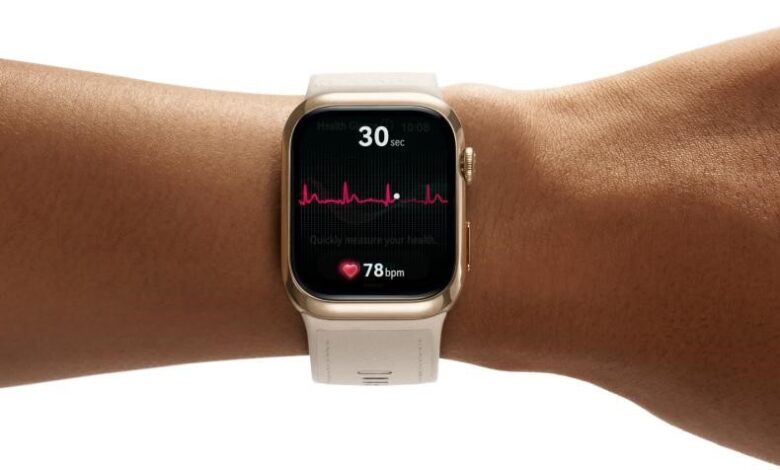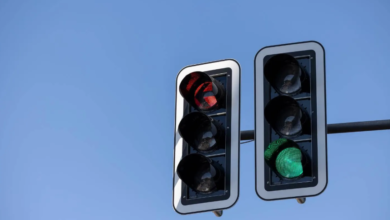How to Address Common Heart Problems in the Elderly

Heart problems become more common as people age, and addressing these issues is vital for maintaining quality of life. Elderly individuals often face unique challenges when it comes to heart health, but there are effective ways to prevent, treat, and manage these conditions. This guide explores common heart issues in the elderly, preventive measures, treatment options, and how families and caregivers can offer support.
What Are the Most Common Heart Problems in the Elderly?
Hypertension and Its Impact
Hypertension, or high blood pressure, is a prevalent issue among older adults. This condition increases the risk of heart disease, stroke, and kidney problems. It’s often called the “silent killer” because it doesn’t usually cause symptoms until significant damage has occurred. Regular monitoring and management of blood pressure through lifestyle changes and medications are crucial to minimize its impact.
Coronary Artery Disease
Coronary artery disease (CAD) occurs when the blood vessels supplying the heart muscle become narrowed or blocked due to plaque buildup. This condition can lead to angina (chest pain), heart attacks, and other complications. CAD is common in the elderly because of the natural aging process and the cumulative effect of risk factors such as high cholesterol, hypertension, and smoking.
Heart Failure in Older Adults
Heart failure, a condition where the heart is unable to pump blood effectively, is a significant concern among the elderly. Symptoms include shortness of breath, fatigue, and swelling in the legs. Managing heart failure often involves a combination of medications, lifestyle changes, and monitoring to prevent hospitalizations and improve quality of life.
How Can Heart Problems in the Elderly Be Prevented?
Diet and Nutrition Tips for Heart Health
A heart-healthy diet is crucial for preventing heart problems. Emphasize whole foods like fruits, vegetables, whole grains, and lean proteins. Limit saturated fats, trans fats, sodium, and added sugars. Mediterranean and DASH diets are often recommended by experts for their emphasis on healthy eating patterns. Proper hydration and portion control also play critical roles in maintaining optimal heart health.
The Importance of Regular Exercise
Physical activity strengthens the heart and improves circulation. Elderly individuals should aim for at least 150 minutes of moderate-intensity aerobic exercise per week, such as walking or swimming. Strength training exercises are also beneficial for maintaining muscle mass and bone health. Always consult with a healthcare provider before starting a new exercise routine to ensure it’s safe and appropriate.
Avoiding Smoking and Managing Stress
Smoking cessation is one of the most effective ways to improve heart health. Smoking damages the blood vessels and heart, leading to various cardiac conditions. Stress management techniques, such as meditation, yoga, and deep breathing exercises, can also help reduce the risk of heart problems. Emotional health is crucial, as chronic stress can lead to high blood pressure and cardiovascular stress.
What Are the Best Treatment Options for Heart Conditions in the Elderly?
Medications for Heart Health
Medications play a vital role in managing heart conditions. Commonly prescribed drugs include antihypertensives for high blood pressure, statins for high cholesterol, and antiplatelet agents to prevent blood clots. It’s essential to adhere to prescribed treatments and schedule regular follow-ups with healthcare providers to assess the effectiveness and adjust dosages if necessary.
Surgical and Non-Surgical Treatment Options
In some cases, surgical procedures like angioplasty or coronary artery bypass grafting (CABG) may be necessary to restore proper blood flow to the heart. Non-surgical interventions can include lifestyle modifications and minimally invasive procedures, such as stent placement. Discussing all options with a cardiologist ensures that the most appropriate treatment plan is chosen.
Monitoring and Managing Chronic Heart Conditions
Ongoing monitoring is essential for managing chronic heart conditions effectively. Devices like the huawei d2 watch provide valuable insights through features such as ambulatory blood pressure monitoring, beat-by-beat ECG analysis, and real-time data collection. This technology helps in early detection and management of potential issues, allowing for timely medical intervention.

How Can Family and Caregivers Support Elderly Heart Health?
Encouraging Healthy Lifestyle Choices
Family members and caregivers can play a significant role in promoting healthy lifestyle choices. Encourage balanced diets, regular physical activity, and adherence to medication schedules. Helping to schedule and attend medical appointments can also ensure that elderly individuals receive the necessary care and monitoring for their heart health.
Recognizing Warning Signs of Heart Problems
Being vigilant about the signs of heart problems can save lives. Symptoms like chest pain, shortness of breath, dizziness, and unusual fatigue should be taken seriously. It’s important to act promptly and seek medical attention if any of these symptoms occur, as early intervention can prevent more severe complications.
Emotional and Social Support for Heart Patients
Emotional and social support is crucial for heart patients. Providing a supportive environment can reduce stress and improve overall well-being. Engaging in social activities, fostering strong relationships, and ensuring that the elderly feel connected can positively impact their heart health. Regularly checking in and spending time with them can make a significant difference.
Conclusion
Addressing common heart problems in the elderly involves a combination of prevention, treatment, and ongoing support. By focusing on diet, exercise, and lifestyle changes, we can significantly reduce the risk of heart issues. Effective treatment options and continuous monitoring with devices like the HUAWEI WATCH D2 play a crucial role in management. Families and caregivers are integral in providing the necessary support to maintain heart health and improve the quality of life for elderly individuals.




